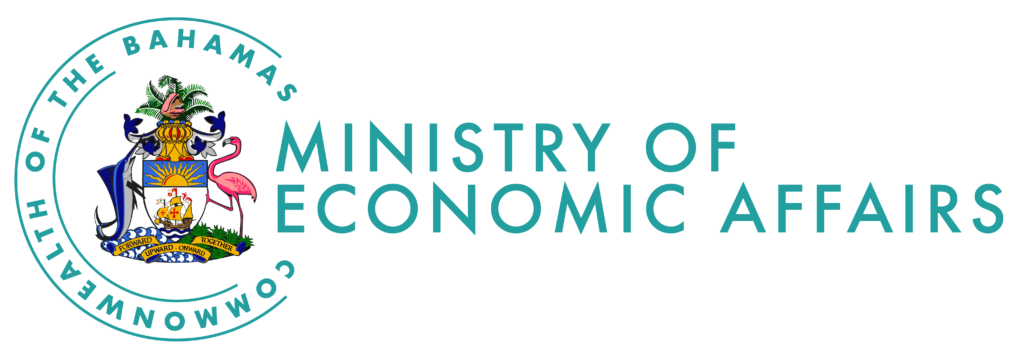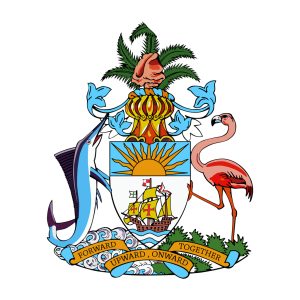
Gowon Bowe, Fidelity Bank (Bahamas) Chief Executive
The Bahamas cannot afford to “sideline itself” by remaining aloof from international tax reform agreements, a prominent banker argued yesterday.
Gowon Bowe, pictured, Fidelity Bank (Bahamas) chief executive, speaking as The Bahamas became one of 130 countries to back the G20/OECD’s so-called Inclusive Framework on Base Erosion and Profit Shifting (BEPS), told Tribune Business that it was vital this nation maintain its access to international markets given its status as a small, open economy.
He added that this nation’s goal, as ever, remained reforming the present regressive Bahamian tax structure for its own ends within the BEPS framework so that the economy’s competitiveness is enhanced, along with equity/fairness in taxation and the Government is able to adequately fund all the public services it provides.
“There will be naysayers, conspiracy theorists and doomsday prophets,” Mr Bowe told Tribune Business of The Bahamas’ commitment to BEPS. “But the right-thinking member of society, knowing The Bahamas is an open economy that needs to be on the global playing field, realises it would be foolish to sideline ourselves by taking the opposite position.
“We don’t exist without the global community, so being part of it is essential. I’d look at this as an opportunity to reform the tax structure in the context of the inclusive framework so that we’re not running two parallel systems. I see this as saying it’s smarter for us to be proactive, understand the rules of the game taking place internationally, and take advantage of our sovereignty and ability to write our own laws.”
The Ministry of Finance, in a statement, said that while committing to the BEPS initiative it had “at the same time lodged reservations particular to The Bahamas”, although it did not say what these were or how they will work.
The BEPS initiative, which is focused on multinational enterprises with a gross annual turnover greater than $889m, is designed to prevent these conglomerates avoiding taxes in countries where their products/services are delivered by shifting profits/revenues to low or ‘no tax’ jurisdictions where they do no or little business.
Multinational companies use often-legitimate tax avoidance strategies to “exploit gaps and mismatches” between different countries’ tax rules and “artificially shift profits” to low or ‘no tax’ jurisdictions. This enables them to minimise their tax exposure by paying a lower rate, and more than 100 countries worked under OECD oversight to implement 15 so-called BEPS “actions” designed to halt the loss of much-needed tax revenue by developing countries due to such practices.
Article Credit: Tribune 242


